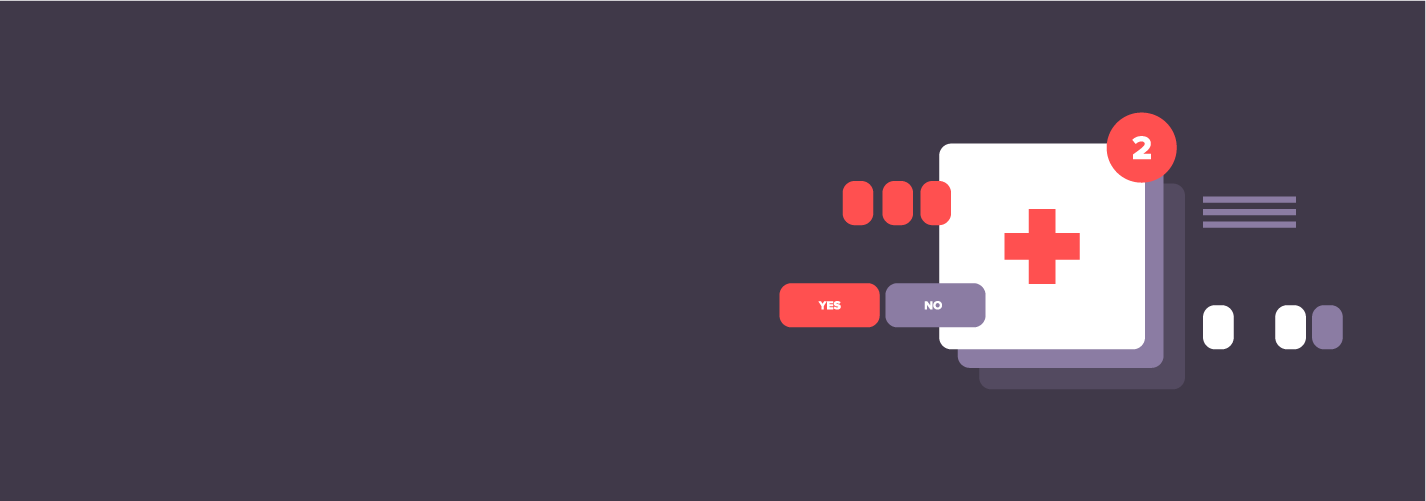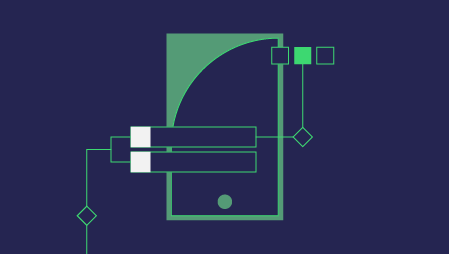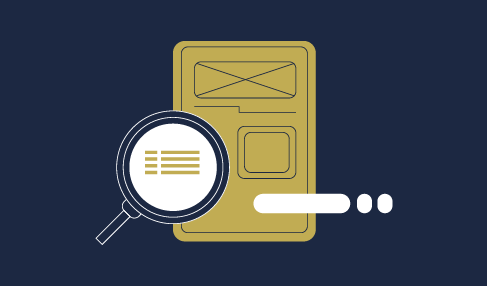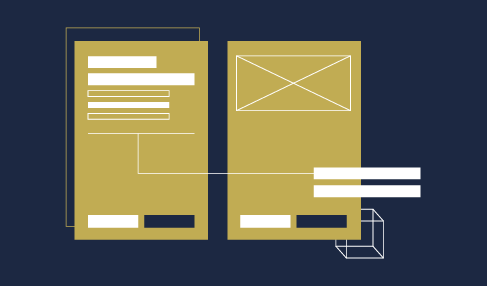Over the last decade, the usage of mobile and wearable application in healthcare has transformed how we manage our health and communicate with our doctors, making it one of the most exciting developments in healthcare.
As a result of its specific use, the healthcare business has used mobile technology to make health offices safer. Anyone anywhere in the world can now utilize mobile medical apps, commonly known as mHealth apps.
There are some potential patterns that app developers find in the future of the mobile health industry:
- Having a mobile health app related to Emergency Health Services is valued by 93% of physicians.
- 31% of the organizations surveyed have a patient-specific app, and another 30% are in the process of developing one.
- In the United States, 61% of people have a mobile medical app.
- Paid business models are used by nearly 45% of all mHealth apps.
In this paper, I’ll look at some of the most interesting advances in the field of healthcare application development, as well as how they’ll affect the business in the future.
Here we go!
Types of Applications for Healthcare
The mobile healthcare industry in the United States has grown to become one of the most important. In the United States, the mobile healthcare industry has developed to become one of the most important. From simple doctor appointment scheduling apps to high-tech medical software that blends AI and computer vision technologies, a wide range of solutions are available.
Mobile apps in healthcare can be classified into three distinct categories based on medical app features:
- For Patients: Fitness & Wellness, Appointment Scheduling Mental well-being, Elderly applications, Patients’ measurement diaries, self-diagnosis, women’s health IoT devices, Apps for managing your health, Telemedicine, Apps for keeping track of your pregnancy.
- To Medical Professionals: Medical resource and education apps, Remote diagnosing, Remote monitoring, Communication, Appointment management, Telemedicine
- For Medical Institutions: Clinical assistance apps with EMR and EHR access, Appointment and scheduling, Billing, Inventory management
Scope of Healthcare Application
The scope of healthcare application development has broadened with the advancement of technology and the passing of time. The scope of mobile health care can be divided into two categories:
Solutions Across the Patient Pathway: This entails direct contact with patients, and it encompasses Wellness, Prevention, Diagnosis, and Treatment Monitoring.
Emergency Response, Healthcare Practitioner Support, Healthcare Surveillance & Healthcare Administration, and anything else that necessitates strengthening the competence of healthcare employees in delivering patient care falls under this category.
The contributions of physicians, doctors, and healthcare professionals to properly employing healthcare app technology are one of the essential variables that play a significant role in health success.
“As per a survey conducted by HIMSS Analytics, 93% of physicians use mobile technologies in their daily work, and 88% use mobile technologies to assist in the delivery of patient care.”
Here is the future scope of healthcare application development:
- Patient outcomes can be improved by combining mobile technologies with data analytics.
- Mobile apps make it simple for healthcare providers to access a vast database of a patient’s accurate data.
- Mobile apps, which are becoming increasingly popular among physicians, have the potential to transform pay-per-performance business models.
- It aids in better coordination with the patient’s overall health care while also lowering costs for both parties involved.
- Mobile technology has been scientifically demonstrated to improve general workflow, and as a result, it is projected to increase the efficiency of health care settings.
Consumers can integrate health into their daily lives with commercial healthcare mobile applications. If you want a customized healthcare app, hire app developer with great experience and discuss your requirements.
Benefits of Mobile Medical Apps:
- Convenience
A variety of wearable gadgets are now available to assist end-users (not just patients) with tracking and managing health data without physically visiting a hospital or medical clinic.
Wearable gadgets like Fitbit, Apple, Samsung, Garmin, and a bevy of other firms track users’ health, food, sleep, and well-being, making consumers more aware and observant of their entire health than ever before.
- Availability
You won’t run out of options either because the mHealth app market expanded to $31 billion in 2020, according to research2guidance. There are 165,000 mobile medical apps on the market as of this year.
Medical experts continue to develop mobile medical apps for specialized applications, and they collaborate with manufacturers to produce mobile medical apps and mobile technology that better serves end-users.
With the help of these apps, even rural places that generally lack attention, accessibility, and resources can receive quick treatment and information.
Thanks to mobile health technologies, local medical experts and humanitarian volunteers helping in these rural, underserved areas now have more support.
- Connectivity
Patients can have online consultations with their doctors by using mobile medical apps, and encrypted messaging systems can notify loved ones when a relative is out of surgery.
It also improves communication among practitioners. In the workplace and in the hospital, an increasing number of doctors are adopting tablets to ensure that they have fast access to their patients.
When time is of the essence, mobile medical apps and mHealth technology enable doctors to save more lives by providing help promptly and remotely before the patient needs medical attention.
What are the Latest Trends in the Healthcare Industry?
“Mobile medicine” will not always be the same; it has evolved and changed from year to year. While it’s impossible to foresee every piece of healthcare news, some trends can be discovered. Trends in the healthcare industry include:
#1. Fitness-related apps are the most popular.
The most popular applications right now are those for fitness and weight loss. The poll’s findings, however, suggested that their entrepreneurial potential would deteriorate over time.
Don’t be scared, though! When it comes to purchasing mobile healthcare app development, you have to be very cautious. It doesn’t exclude the potential of making money from them.
#2. The demand for specialized medical apps for doctors is growing.
In the next years, however, we may see an increase in demand for mHealth apps that allow for remote monitoring, consultation, and tracking of a patient’s condition. Furthermore, the future generation of gadgets will be able to track more signs and provide consumers with continuous feedback.
By the way, the use of mobile devices in healthcare is on the rise, and there are a few remarkable instances. Soarian Clinical has already been shown to succeed in Sweden, enabling the remote reading of stimulants in patients’ hearts.
The Leaf Patient Monitor System is a wearable sensor that allows you to remotely monitor the posture and movement of patients who are at risk of developing pressure sores. And, this is only the start!
#3. The expense of healthcare is a serious issue.
Healthcare costs should also be included. All types of medical scheduling software that may lower these costs will be a success as patients will be able to save money.
This category contains telemedicine apps and services that make it easier and less expensive for patients with chronic diseases to keep track of their health.
Also worth noting is that according to BBC Research, the global telemedicine market will have grown to about $45 billion by 2022, with an average annual growth rate of 17.5 percent.
Bottom lines
The importance of mobile medical apps cannot be overstated. Healthcare applications raise the bar on the thorough awareness of health obligations. In the near future, healthcare applications will continue to play a more prominent role in managing attending physicians’ medical responsibilities and improving the availability of high-quality, on-demand healthcare.
Developing apps for healthcare professionals is a good idea. Later on, you’ll find it tough to compete with other similar applications because there will just be too many. But, it would help if you embraced the opportunity now rather than wait until the healthcare industry is saturated.
As a result, in order to design your healthcare app, you must contact a top custom mobile app development company in India. They have developers that are highly experienced and know everything about mobile app development. And, they’re ready to take on any challenge in the mobile healthcare business.





